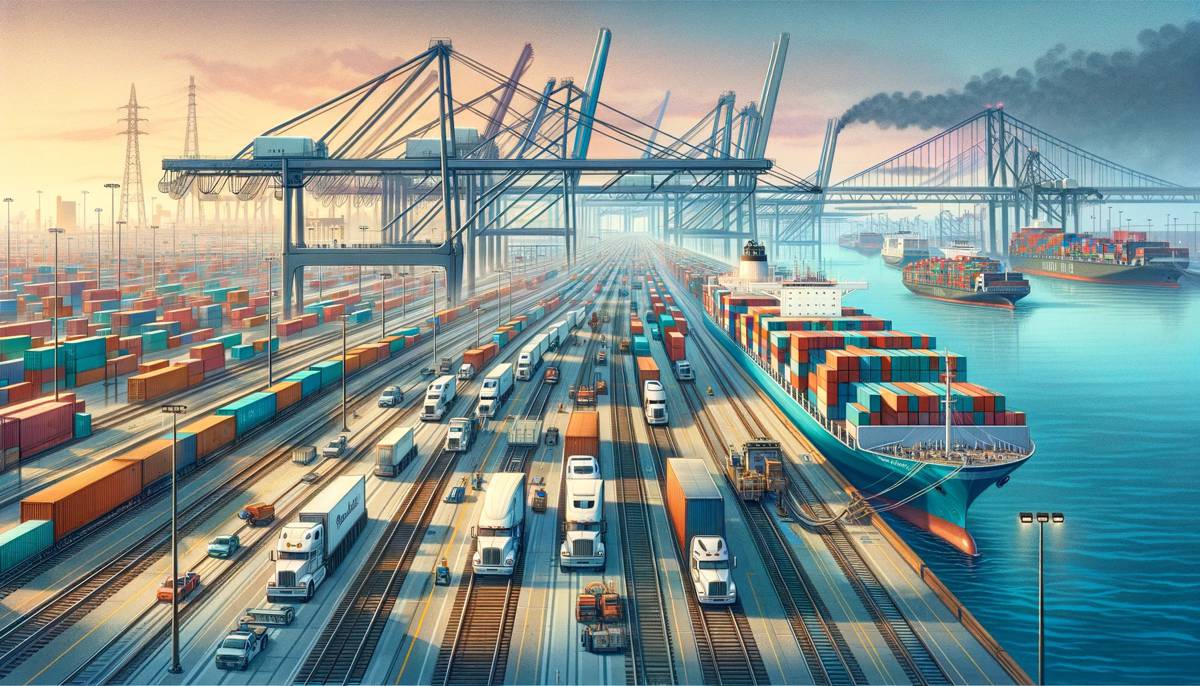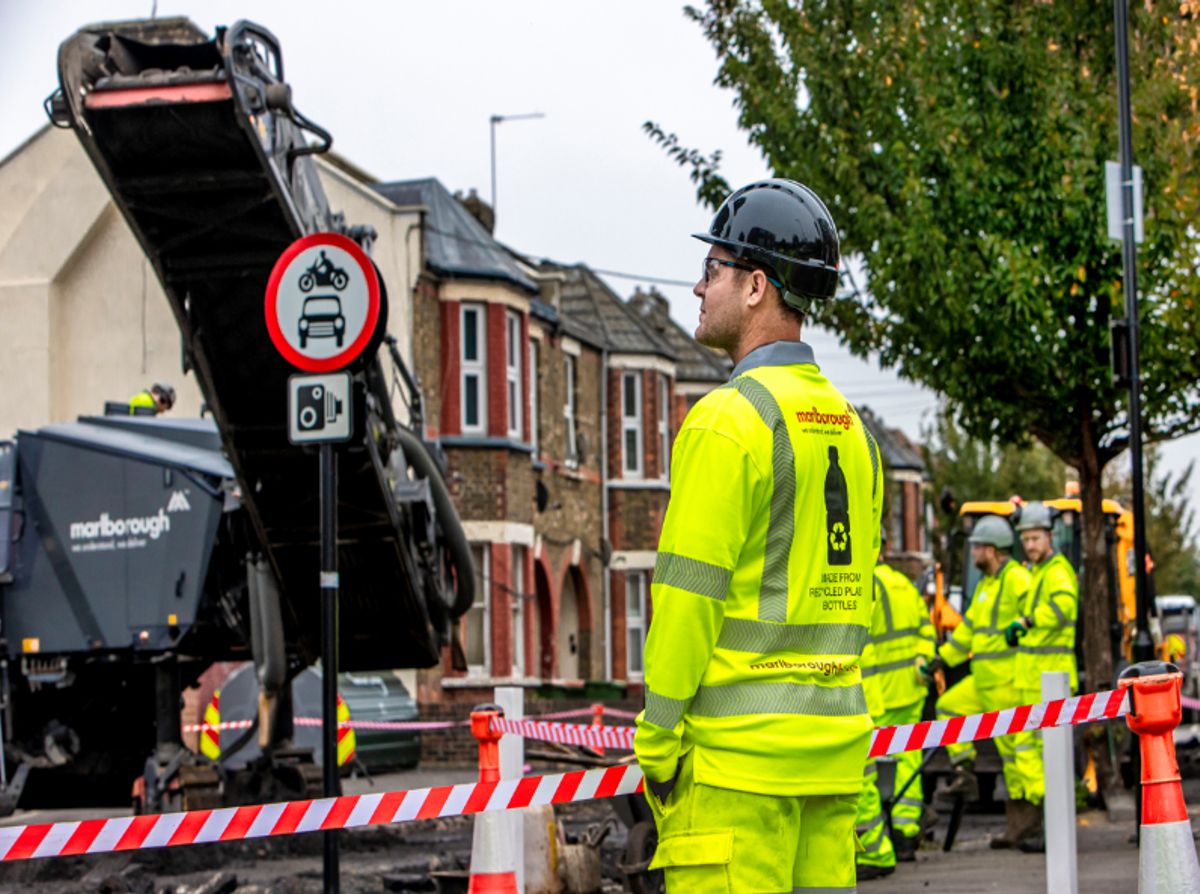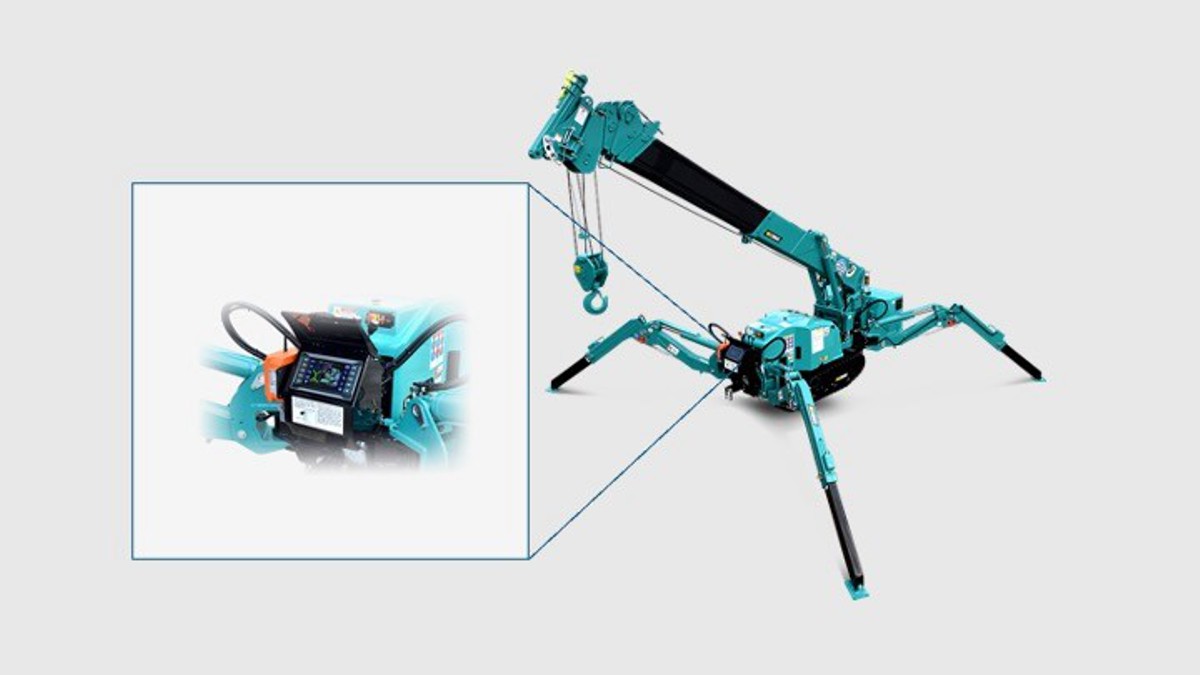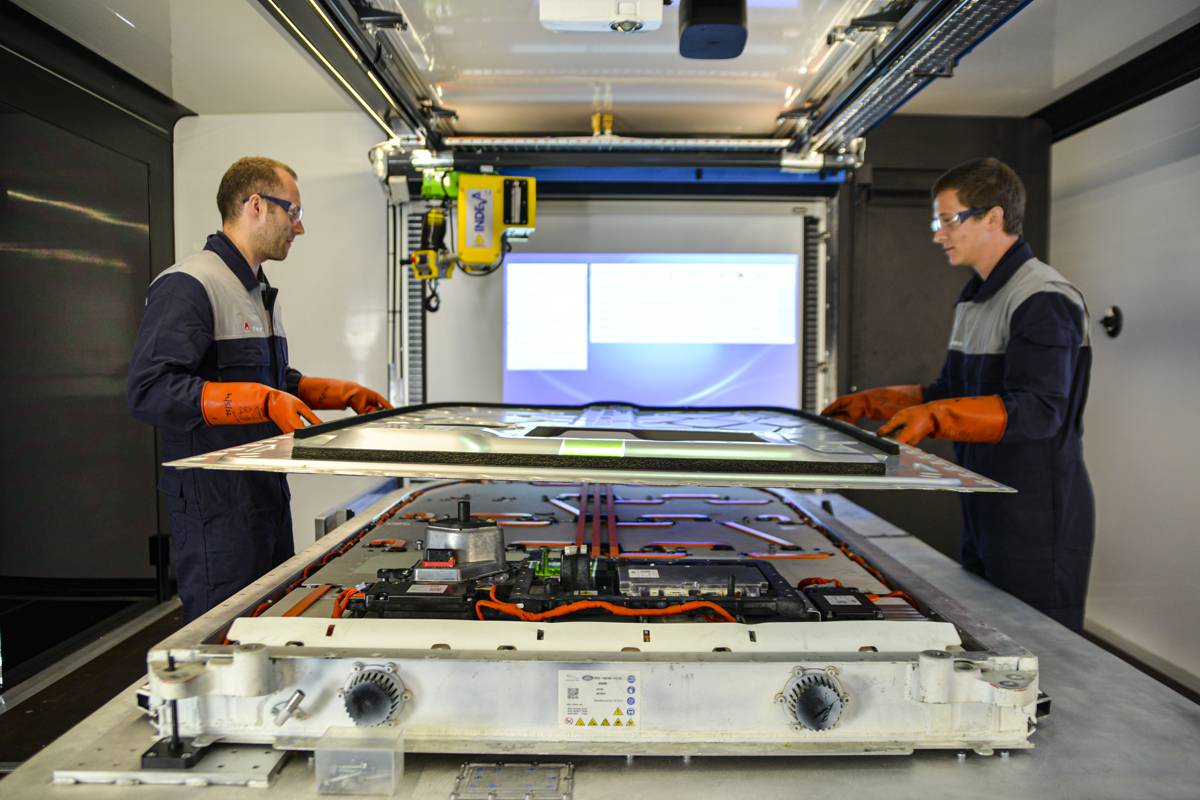Bomag promotes digitalisation in road construction
Digitalisation, modern communication technologies, and Building Information Modelling (BIM) is improving and speeding up construction site planning, process control and operation flow on construction sites. Bomag has promoted this development with its BCM net system in particular, for more efficient and faster working processes as well as a more transparent quality management in road construction.
The potential inherent in digital construction sites, especially with regard to road construction, is only slowly being uncovered and recognized by the sector. It therefore provides many opportunities to realise construction projects at lower costs, faster, with more transparency and better quality assurance. In the context of digitalisation, Bomag has been offering systems for machine connectivity and supervision for many years. Moreover, the compaction specialist advocates homogeneous standards for all manufactures along the value chain in road construction.
Under the heading of Industry 4.0 and with the aid of modern information technology and digitally connected systems, automated industrial production is already well advanced in Germany– particularly in industries specialised in serial production such as the automotive and engineering sectors. Digitalisation in road construction, however, is still in its early stages and thus promises immense potential for more efficient building processes in the future. To remain viable, builders and constructers need to embrace this development. Bomag aims to support its clients in implementing networking IT-systems in road construction processes.
The “digital construction site” requires openness to new developments as well as a willingness to invest in new technologies of all involved parties. Applied correctly, these technologies can significantly reduce costs and improve quality assurance. In the rather traditional field of road construction, this steering towards digitalisation is not a matter of course. Extensive planning and construction cycles, which e.g. in the case of motorway projects can take several years, also contribute to the fact that new technologies are only grudgingly accepted and established with corresponding delays.
Bomag identified the benefits of digital processes in road construction early on and has since been able to develop a clear digital strategy for the future. Connecting construction machines and building processes is therefore not uncharted territory for Bomag. Since its founding 60 years ago, the company has managed to establish itself as a global market leader in the development and production of efficient compaction machinery. The early focus on developing digital systems and their market success contributed to this pioneering position: The Bomag Compaction Management (BCM) is one example for this. Based on GPS data, it provides a Surface Covering Dynamic Compaction Control (SCDCC).

All about connecting construction machines
In practice, the connection of construction machines usually fails because of the incompatibility between the various manufacturers’ systems. At this juncture, politics is struggling to commit to systems that have not yet undergone comprehensive testing in the field. However, if machines of different manufactures are unable to communicate with each other because there is no common “language”, they are creating disadvantages for the contractor.
That is why future-oriented companies rely on Bomag’s long experience and consult the company when it comes to the digital transition on construction sites. In this, it is crucial to use market-ready systems that work in the field, such as the BCM-system which was introduced onto the market 20 years ago by Bomag. Presented at Bauma 2013, the refined BCM net system is able to connect up to ten rollers. It also visualises and documents the compaction process of the involved machines. BCM has already been used in countless road construction projects and is continuously being enhanced according to practical requirements. In this process, other manufacturers’ construction machines have also been connected to the BCM net. By digitally connecting the rollers, BCM net improves both quality and efficiency in asphalt construction. In a next step towards a digital construction site, Bomag is working on facilitating the reading in of planning data.
Road construction is a complex process
In contrast to other sectors such as engineering, road construction does not manufacture classic serial products. “Each construction site is unique and requires individually coordinated companies and construction process steps. By connecting the machines involved in the building process as well as the procedural steps, an asphalt construction site can be managed a lot more efficiently, as it is always based on the latest data. That is why the transition to connected, digitalised construction sites is absolutely necessary, but also a lot more complex than in other sectors”, says Hans-Josef Kloubert, Head of Application Technology at Bomag.
Another special feature of road construction is the high ratio of construction machines that already have a high degree of automation by themselves. For Winfried Schramm, application engineer at Bomag, improving the efficiency of construction machines and quality assurance through digital technologies are not mutually exclusive. “The opposite is the case: If we utilise the opportunities of digitalisation in the right way, the same process that guarantees ideal quality management will also allow construction sites to work more efficiently”, the long-time employee believes. This also enables the shorter construction times demanded by road construction authorities as well as cost reductions for construction companies.

Road construction with BIM
Over the next years, depicting complex construction processes as comprehensive illustrations in a digital construction model will continue to gain importance for major infrastructure projects. The intention is to integrate all parties involved in the respective road construction project and to digitally network planning and procedural steps as well as quality assurance with the help of modern information technologies. The main driving forces are construction machine manufacturers, providers of positioning systems and PPP-infrastructure projects themselves that operate under considerable pressures of cost, time and quality. Such major projects already apply individual digital elements such as positioning, measuring, networking and 3-D control systems on construction machines.
The goal is to integrate these isolated solutions into one holistic system. Demand will rise because construction companies recognise the advantages of a more efficient construction process control, reduced construction times and cost savings. Also, starting in 2020, Federal authority intends to plan, tender and construct the first projects based on digital construction site models. At this point, Building Information Modelling (BIM) will become reality for road construction as well.
With BIM, building contractors that manage a road construction project will enjoy a significantly improved process control because all information on machine application, construction site planning, flow of materials and implementation quality are provided in real time. It also provides a constant, up-to-date target-actual comparison of the current construction process and allows for instant responses to changes.
Digitalisation: not a trend, but a reality
According to both Bomag experts, digitalisation in road construction is undoubtedly picking up speed. In any case, Bomag knows what to aim for: Future investments and innovations need to be geared towards systems that do not limit the market, but permeate it. Bomag keeps an open mind for such developments. The focus should then always be on the competitive advantages for clients and on the best possible quality management in road construction. With its Compaction Management System and BCM net, Bomag offers its clients a tried and tested system for the future.















